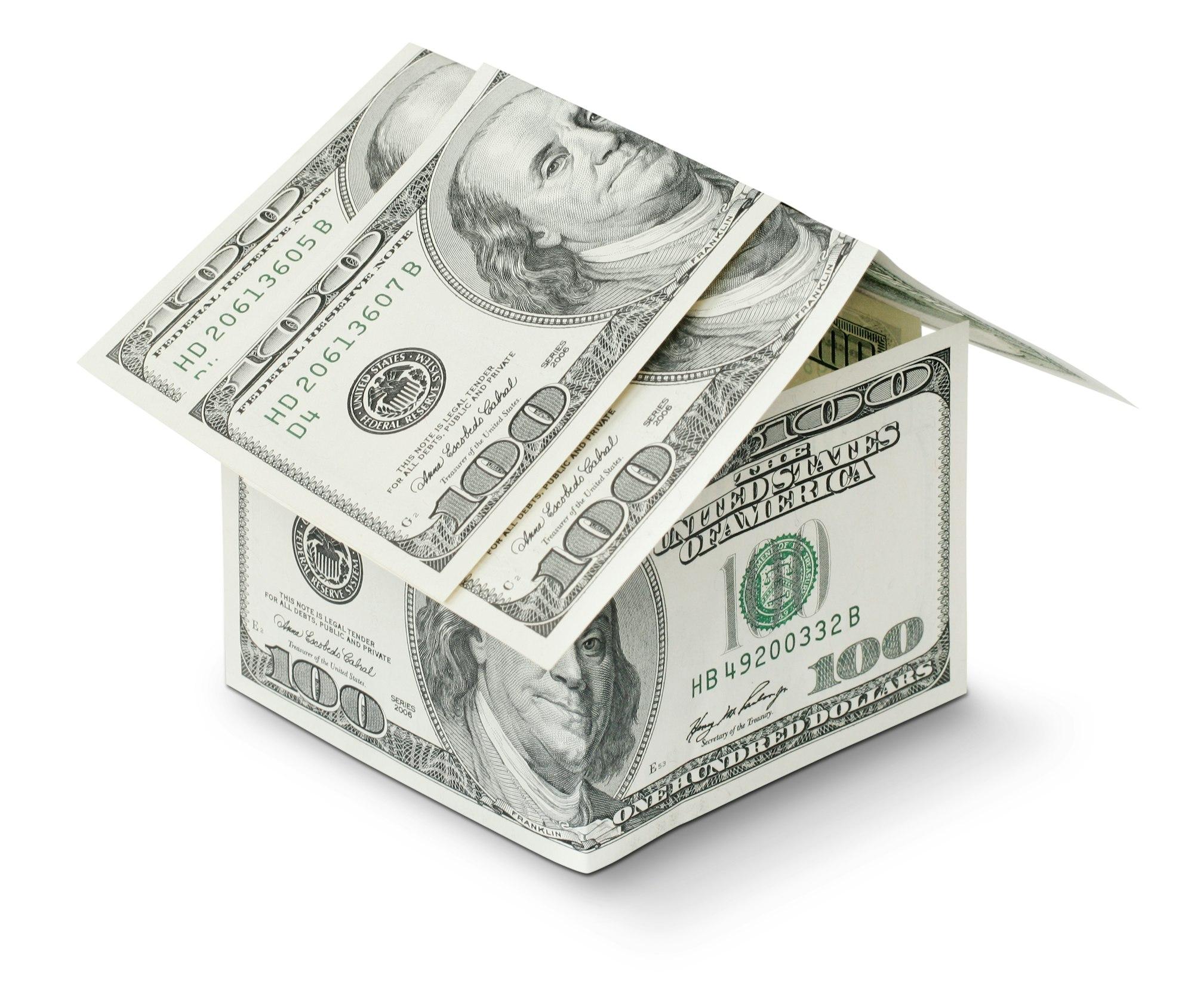Steps to Accurately Determine Your Home's Value
Accurately determining your home's value involves using online tools, comparative market analyses, professional appraisals, and insights from local trends, ensuring informed decisions for selling, refinancing, or financial planning.

Photo by Kostiantyn Li
Determining your home's value is crucial for selling, refinancing, or property tax assessments. Accurately appraising your home's worth can save you money and optimize your selling strategy. Here are several essential steps to help you achieve an accurate home valuation.
1. Leverage Online Valuation Tools
Use online resources like Zillow and Redfin to get a quick estimate of your home's value. These platforms analyze comparable sales data, local real estate trends, and property characteristics.
Tips:
- Check multiple websites to compare estimates.
- Review neighborhood trends and average days on the market.
- Look at historical data to see how your home's value has changed over time.
2. Use the FHFA House Price Index Calculator
The Federal Housing Finance Agency's House Price Index (HPI) calculator reflects housing price trends across regions. By entering your home's location and timeframe, you can see how property values in your area have changed over time.
Benefits:
- Understand market trends and seasonal patterns.
- Identify how economic factors influence housing prices.
- Make informed decisions about selling or refinancing.
3. Obtain a Comparative Market Analysis (CMA)
Engage a real estate agent to provide a Comparative Market Analysis. A CMA analyzes recent sales of similar properties in your area to offer a tailored home value estimate.
Considerations:
- Size: Similar square footage and layout.
- Location: Same neighborhood or school district.
- Age and Condition: Comparable age and maintenance level.
- Recent Sales: Homes sold within the last 6-12 months.
A CMA helps set a realistic and competitive price, increasing your chances of a quicker sale at the right price.
4. Hire a Professional Appraiser
For the most accurate assessment, hire a licensed professional appraiser. They will conduct a thorough inspection and provide a detailed report explaining their valuation.
Advantages:
- Essential for refinancing or official purposes.
- Provides a trustworthy opinion for potential buyers.
- Offers peace of mind with a reliable evaluation.
5. Analyze Comparable Properties ("Comps")
Examine recently sold homes similar to yours to gain insights into pricing and features.
Factors to Evaluate:
- Size: Similar square footage.
- Location: Proximity to your home.
- Features: Number of bedrooms, bathrooms, upgrades, and amenities.
- Sale Date: Recent transactions for relevance.
Even slight differences can significantly affect value, so evaluate these carefully.
Understanding the Importance of Knowing Your Home's Value
1. Impact on Selling Price
An accurate valuation helps you set a realistic selling price. Overpricing can deter buyers, while underpricing may lead to a loss of potential earnings. Knowing your home's true value balances attracting buyers with maximizing your return.
2. Effect on Property Taxes
Property tax assessments are based on your home's value. Understanding your home's worth prepares you for tax obligations and allows you to contest inflated assessments if necessary.
3. Role in Refinancing Decisions
Lenders require an appraisal when you refinance. A higher home value can lead to better refinancing options, lower interest rates, and reduced monthly payments.
Final Thoughts
Accurately determining your home's value is essential for making informed decisions about selling, refinancing, or managing property taxes. By leveraging online tools, engaging professionals, and analyzing market data, you can gain a comprehensive understanding of your home's worth and navigate the real estate landscape effectively.
Quick facts
How do you accurately determine the value of a house?
To accurately determine a house's value, use a comparative market analysis (CMA), review recent sales of similar properties, and consult a professional appraiser for an expert evaluation.
What are 4 factors that can determine a home's value?
Four factors that determine a home's value are location, size and layout, condition and age of the property, and recent comparable sales in the area. These elements influence market demand and pricing.
What is the most accurate home value estimator?
The most accurate home value estimator is a professional appraisal, though online tools like Zillow's Zestimate and Redfin Estimate provide helpful starting points for market trends and approximate values.
What is the best way for owners to determine the market value of their home?
The best way for owners to determine their home's market value is by getting a professional appraisal or working with a real estate agent to conduct a comparative market analysis (CMA).
How do I find the present value of my home?
To find the present value of your home, research recent comparable sales in your area, consult a real estate agent, or use online home valuation tools like Zillow or Redfin.
How do you calculate the value of a house?
Calculate the value of a house by evaluating comparable sales, assessing location and condition, and considering market trends. Professional appraisals or online tools can provide accurate estimates.
How do you accurately estimate the value of a house?
Accurately estimate a house's value by comparing recent sales of similar homes, assessing property features, and consulting a real estate agent or professional appraiser.

Dane Hurtubise
Co-founder & CEO of Spoken
Dane Hurtubise is the Co-founder & CEO of Spoken. He has led two venture-backed companies and is a two-time Y Combinator alum. Prior to Spoken, Dane sold his previous company, Parklet, to Greenhouse Software where he served as VP of Platform and Partnerships. An avid runner, cyclist, and Pilates enthusiast, Dane holds a BS in Electrical and Computer Engineering from the University of Texas at Austin.
Read more

